My current regime:
- Methyl B12, 1000 Mcg, Jarrow (
link, not amazon) (roughly 1x week) - Vitamin D3 4000 IU Howard & James (
amazon only has with K3 now) (roughly 2x week) - Omega 3 with 400mg DHA, 200mg EPA, 744mg other Omega 3, Astaxanthin 1mg, Igennus (
link) (2x/3x a day) - Creatine, Optimum Nutrition, powder, 3g per scoop (
link) (1x day) (Gives me digestion issues if I don't dissolve it with food) - Magnesium Glycinate, Inner Vitality, 280mg (
link) (Possibly gives me digestions issues, ~1x day) - Calcium Citrate malate, Pure Nutrition Naturals, 1000mg (
link) with D2, K, Zinc, Magnesium Oxide (half the pill ~3x week)
I think B12 is basically a must if you're vegan and D3 a no-brainer I think. Not so sure about the others. If you want to supplement Magnesium and Calcium, you should pay attention to the form, e.g. magnesium oxide does nothing apart from worsening your digestion (unless you have constipation.)
Ideally, you want to take minerals apart from each other and after meals but probably doing whatever makes you actually take stuff is best and it's easier to take everything at once/to just take a multisupplement.
For travel and colds only
- Zinc Citrate (
link), 10mg (take many within the first 24 hours of getting a cold. Don't chew and just let it melt.)
Dosage is very confusing here. I think the studies that found that zinc might help with the length of colds used around 90mg or something but maximum RDA is half that.
If you take zinc daily, it's important to also supplement a bit of copper
I also tried:
- Acetyl L-Carnitine, Life extension, 500mg (
link) with vitamin C. (Possibly gave me heartburn) - B-Complex, Life extension (
link) (gave me digestion issues)
If you want to supplement these, they are possibly best on an empty stomach after getting up but again, probably whatever thing people actually stick to is best.
Things I might add/swap some of the above out for:
- Iodine
- Vitamin A
- Vitamin E
- Iron
- A multivitamin (e.g.
4, which looks pretty good but isn't super easily available. Also considering 1 but it has a weird ingredient list I can't easily interpret) - Vitamin K/K4
- Choline/some other things related to vitamin B
Iron is probably pretty important for many people. I get regular iron tests and didn't need it and it's bad to oversupplement iron, also, but FWIW, I expect that I'll have to start taking iron because I started menstruating again.
Things I test for ~twice a year via https://thriva.co/
- Iron
- Omega 3
- B12
- B9
- D
- Misc. other stuff on a rotation depending on what I feel like
Would be excited to hear thoughts/feedback if others have some :)
(Haven't been on this regime for long and am a bit loose with it, e.g. just travelled for 3 weeks and supplmented ~nothing during that time)

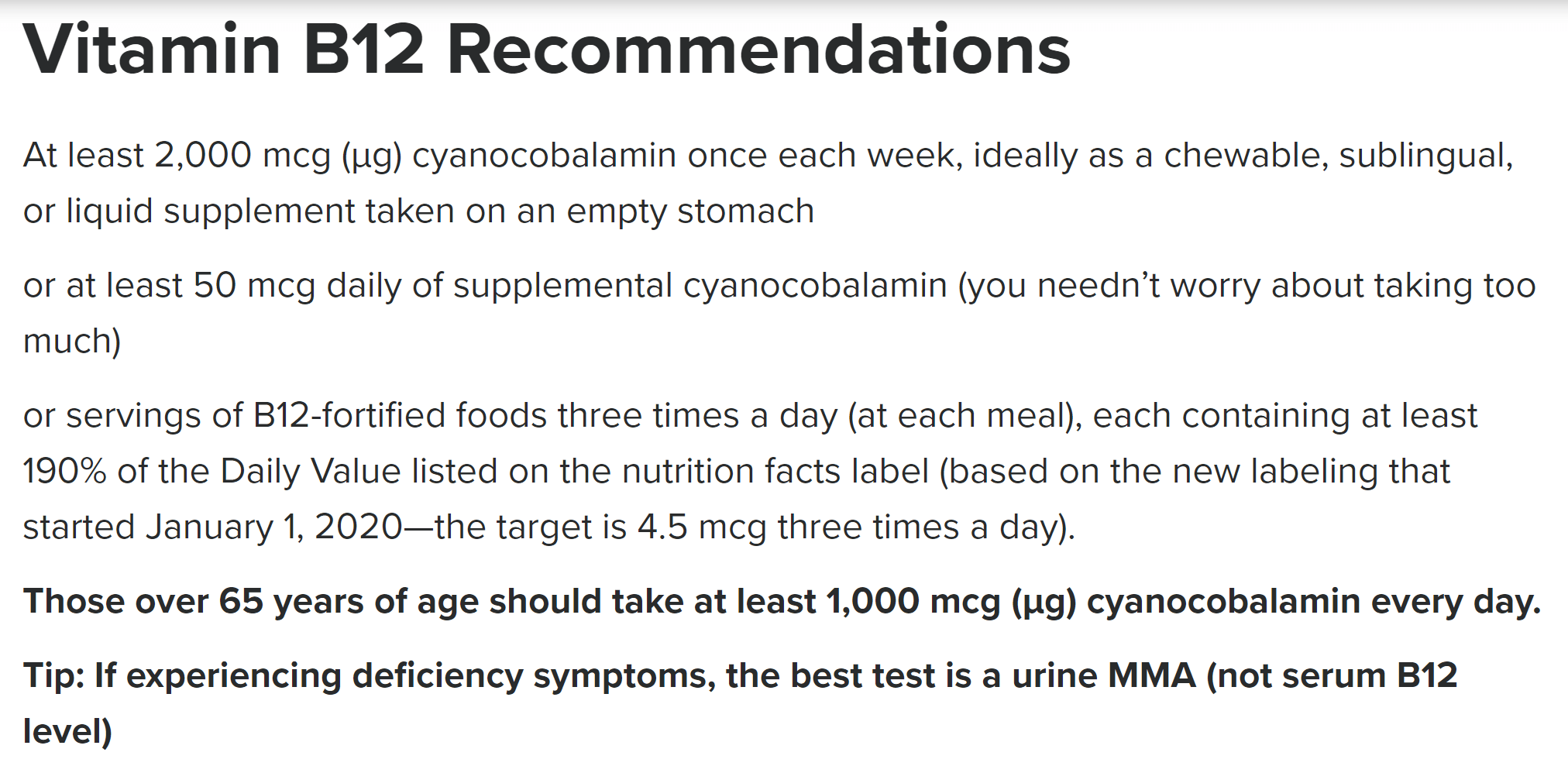
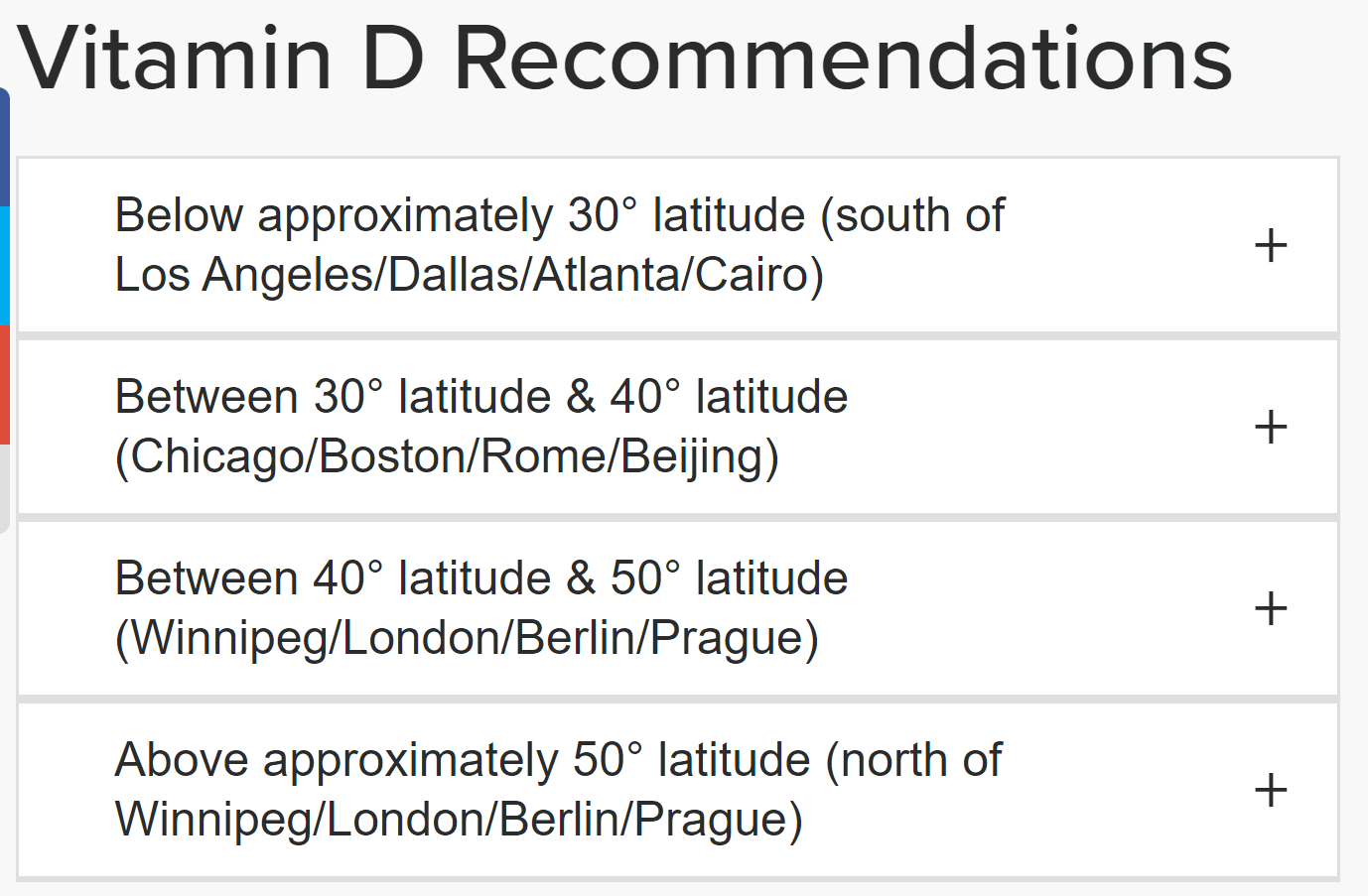
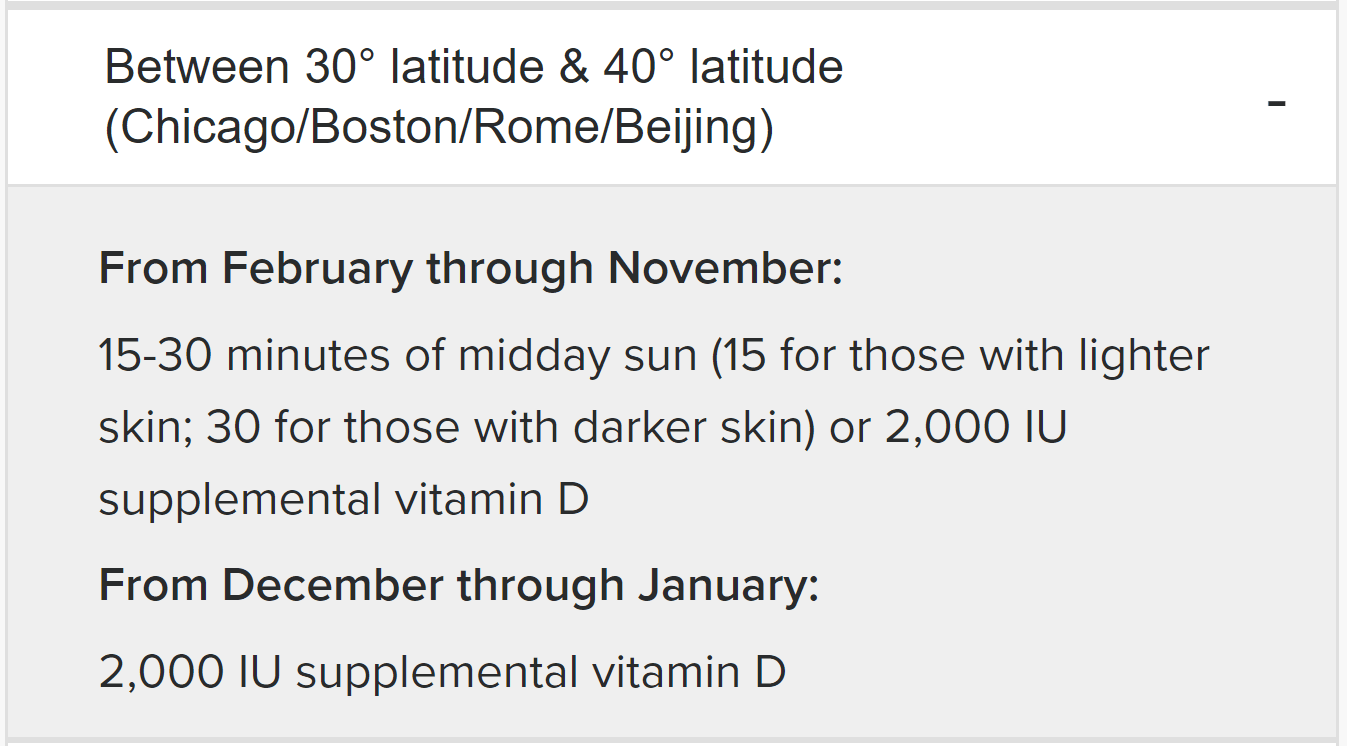
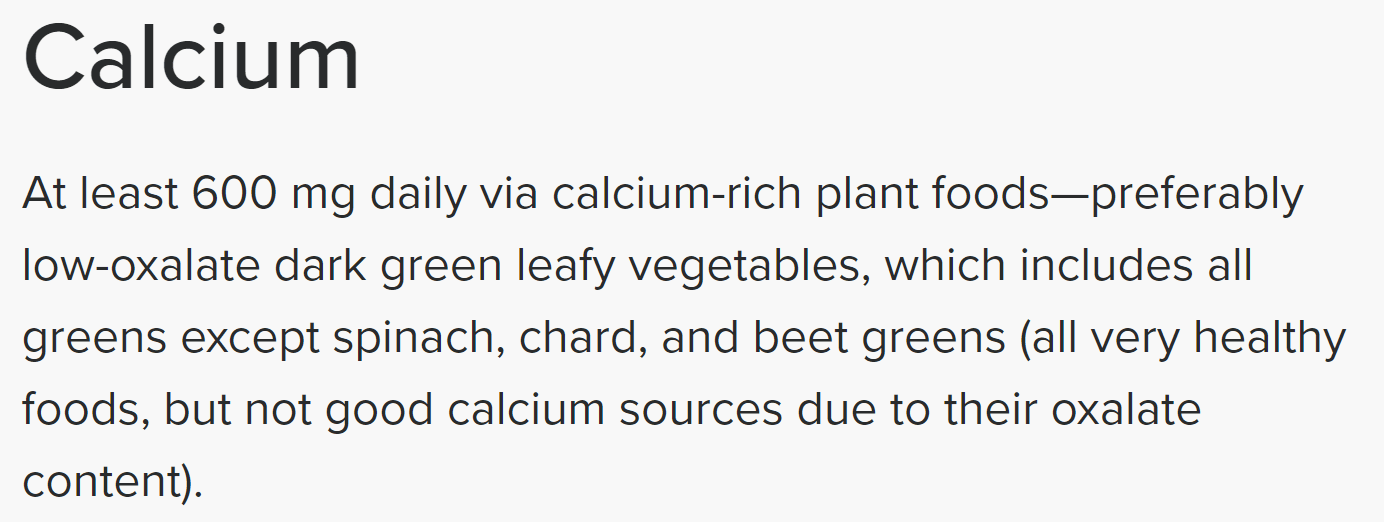

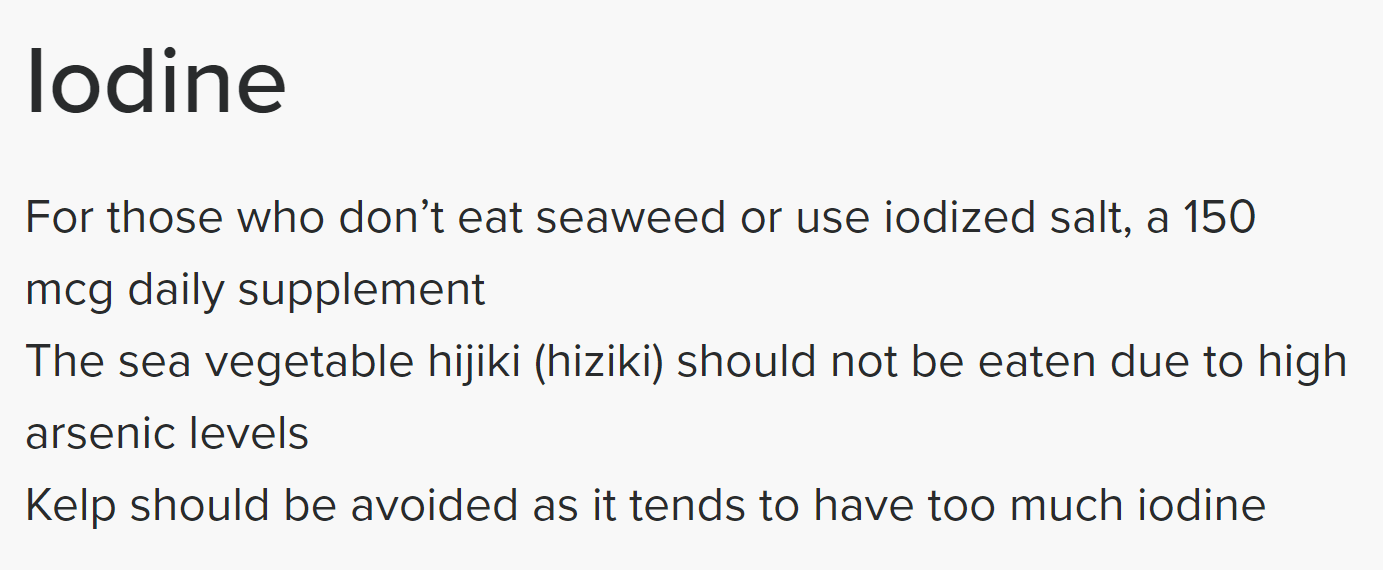
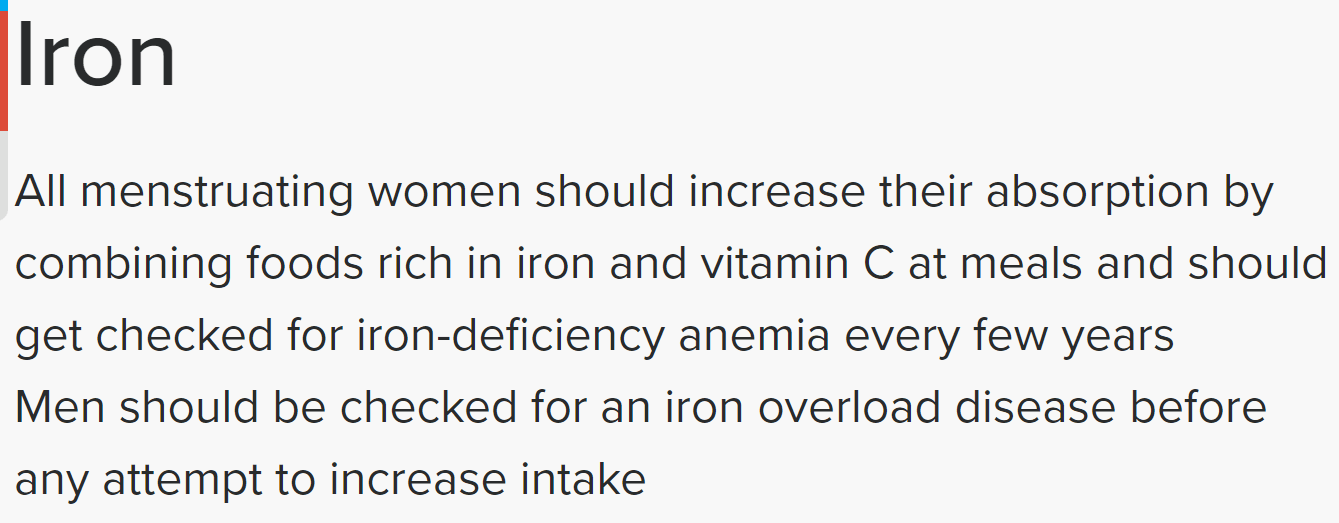

I second the Niko Rittenau recommendation.